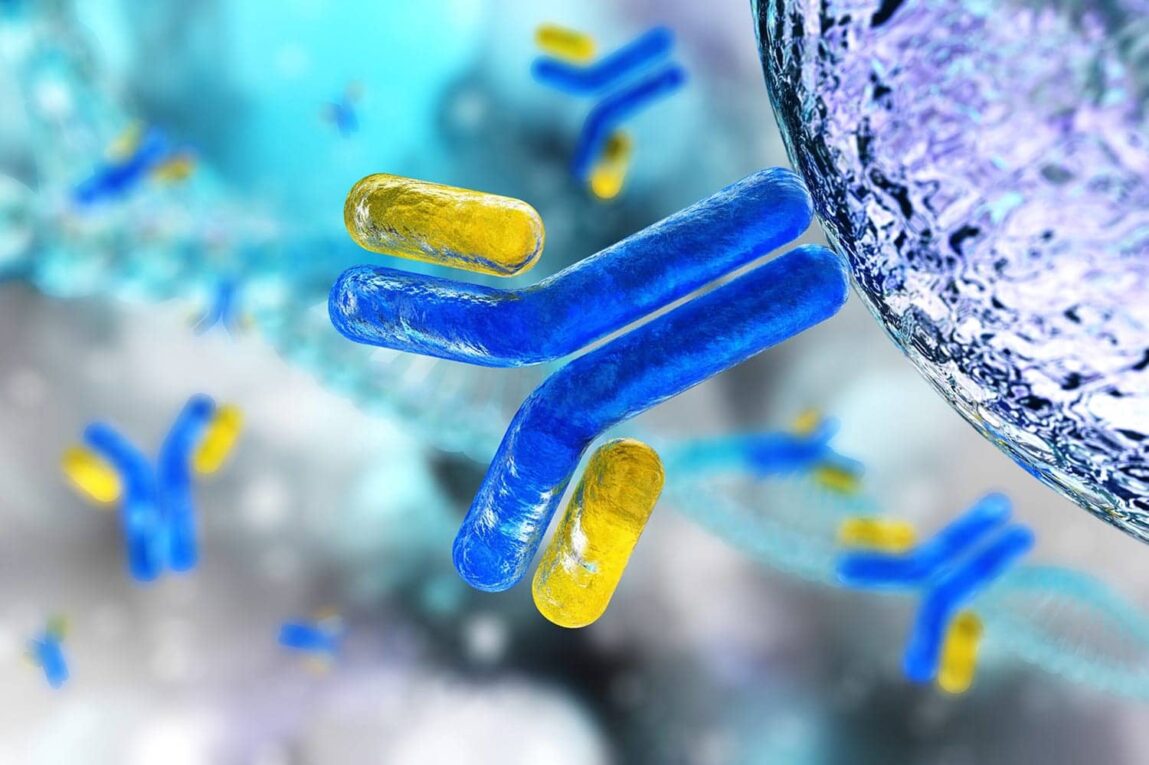Peptides play a vital role in various biological processes inside the human body. With advancements in pharmaceutical research, scientists are now leveraging peptides to develop new and more effective drugs known as peptide therapeutics. These therapeutics offer several advantages over traditional small molecule drugs. Let’s delve deeper into the exciting world of peptide therapeutics.
Peptides are short chains of amino acids linked by peptide bonds. They are generally composed of 2 to 50 amino acids and can have various biological functions. Insulin, hormones, antibodies and enzymes are all types of peptides that our body produces naturally to carry out important functions. Researchers can now synthetically produce peptides that can mimic the roles of endogenous peptides and intervene in disease processes.
Advantages of Peptide Therapeutics
Peptide therapeutics offer several benefits compared to small molecule drugs:
Target Specificity
Due to their ability to bind tightly to protein receptors, peptides can target diseases with high selectivity and specificity. This translates to greater efficacy and fewer off-target effects.
Low Toxicity
Since peptides are naturally occurring biomolecules, they are usually non-toxic, well-tolerated and safe for human use. This makes them preferable over synthetic small molecule drugs.
Large Target Space
There are thousands of protein targets inside the human body that peptides can potentially bind to. This opens up new opportunities for drug discovery.
Modifiability
The structures of peptide chains can be easily modified to enhance their stability, bioavailability and functionality as per the drug’s requirement. This gives scientists high flexibility during drug development.
Therapeutic Applications
Peptide therapeutics are increasingly being investigated for various diseases due to their safe pharmacological profile:
Cancer Therapy
Cancer targeting peptides can help deliver anticancer drugs specifically to tumor sites, minimizing toxicity to normal cells. Radiolabeled peptides are being explored for imaging and therapeutic applications in prostate cancer, brain cancer and others.
Metabolic Disorders
Peptides mimicking endogenous hormones are used to treat diabetes by administering glucagon-like peptide-1 (GLP-1) analogs which boost insulin secretion. Other peptides control obesity, enhance bone formation and regulate adipose tissue.
Neurological Disorders
Cell-penetrating peptides help transport therapeutic molecules across the blood-brain barrier to treat neurological diseases. Certain peptides may aid in Alzheimer’s, Parkinson’s, strokes and spinal cord injuries.
Cardiovascular Diseases
Anti-hypertensive peptides derived from food proteins control high blood pressure. Other heart-protective peptides mitigate cardiovascular risks, myocardial injury and heart failures.
Anti-infectives
Antimicrobial peptides protect against various pathogens, promoting wound healing and fighting infections. Their use against HIV, hepatitis and resistant bacterial strains is ongoing.
Commercial Successes
Several Peptide Therapeutics drugs have been commercialized, proving the clinical and commercial viability of this therapeutic class:
– Byetta (exenatide) – A GLP-1 analog for type 2 diabetes marketed by AstraZeneca.
– Ozempic (semaglutide) – Another GLP-1 analog by Novo Nordisk, a blockbuster drug with over $1 billion in quarterly sales.
– Evorel (estradiol) – Estrogen patches used for hormone replacement therapy.
– Copaxone (glatiramer acetate) – First-line treatment for relapsing forms of MS by Teva Pharmaceuticals.
– Ziconotide (Prialt) – N-type calcium channel blocker for severe chronic pain by Jazz Pharmaceuticals.
With increasing research on precision medicine, the future of therapeutics lies in the development of selective peptide drugs that produce fewer side effects than small molecule counterparts. Peptide technology holds immense promise to transform healthcare.
Challenges in Development
Despite immense potential, certain challenges must be addressed for unlocking the full value of peptide therapeutics:
Stability Issues
As polypeptides, peptides are prone to chemical and enzymatic degradation in the body. Stabilizing formulations need further advances.
Expense of Production
Producing peptides through solid-phase synthesis or recombinant technologies remains costly compared to small molecule synthesis.
Delivery Barriers
Crossing biological barriers like the gastrointestinal tract and blood-brain barrier poses challenges for peptide delivery. Improved drug delivery systems are critical.
Toxicity Potential
Long peptides may show unexpected toxicity. Thorough preclinical safety testing is mandatory beforehuman use.
Modifications Breakthroughs
Developing strategies to further optimize peptide modifications, folding and dynamics will accelerate progress.
With dedicated research focused on resolving these challenges, peptide therapeutics are positioned to revolutionize treatment of many incurable diseases in the future. Endless possibilities await in the realm of peptide-based precision medicines.
The important roles of peptides in biological pathways and examined how scientists are leveraging this knowledge to develop novel peptide therapeutics. Offering high target specificity, low toxicity and modifiable structures, peptides represent a new generation of safe and effective drugs. Despite challenges in production and delivery that require further innovations, many peptide drugs have already shown success in the clinic. With continuous improvements, peptide technology is sure to transform disease management and help millions lead healthier lives in the coming years. Exciting times lie ahead as we unravel the mysteries of peptide functions in the body and their therapeutic applications.
*Note:
1. Source: Coherent Market Insights, Public sources, Desk research
2. We have leveraged AI tools to mine information and compile it

